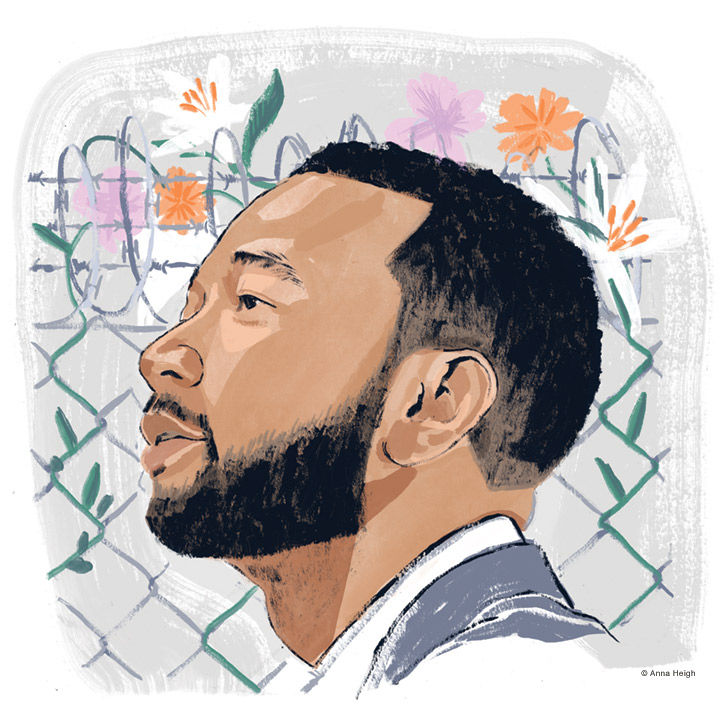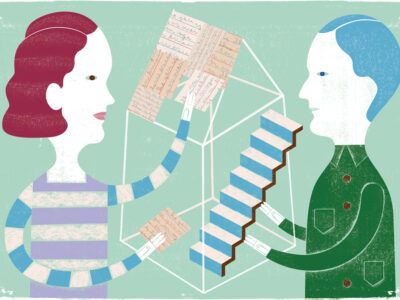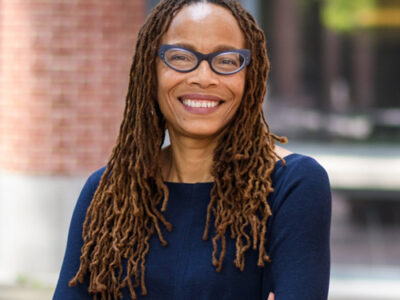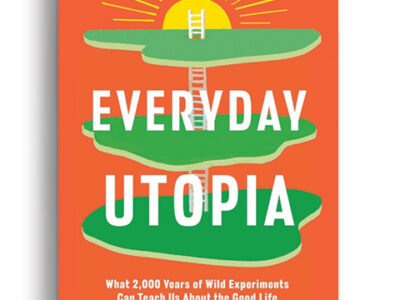
John Legend on entrepreneurship, criminal justice reform, and love.
As made clear by the multiple references to his membership in the EGOT club (winner of an Emmy, Grammy, Oscar, and Tony) during a virtual event hosted by Wharton’s Venture Lab in early March, John Legend C’99 Hon’14 is best known as a talented musician and performer. But as the recipient of this year’s Penn Wharton Entrepreneurship Alumni Achievement Award, Legend was being honored with a very different kind of prize—adding a “P” to his “EGOT” to make “PEGOT,” Wharton Vice Dean of Entrepreneurship and Innovation Karl Ulrich quipped.
The first non-Wharton grad to win the award, Legend’s entrepreneurship and philanthropy is mostly rooted in education and criminal justice reform. Among other organizations, he’s started the Show Me Campaign, which aims to give every child access to a quality education, LRNG Innovators to empower teachers to redesign learning, and FREEAMERICA to end mass incarceration.
During one exchange with Wharton dean Erika James—the moderator for an event that also included remarks from Ulrich, Penn President Amy Gutmann, and Ravi Viswanathan EAS’90 WG’98, advisory board chair of the Venture Lab (the University’s entrepreneurship hub)—Legend discussed a FREEAMERICA endeavor called Unlocked Futures. Backed by Bank of America and the venture philanthropy fund New Profit, Unlocked Futures funds and brings together a new breed of social entrepreneurs: those affected by the criminal justice system.
Here’s an excerpt of those remarks from Legend, who discussed the importance of love in his work. (The entire discussion can be viewed at venturelab.upenn.edu.)
Cornel West, one of the things he said, was that justice is what love looks like in public. And I think what he meant by that is that if you love people that you don’t even know … it shows itself in policy, it shows itself in justice, it shows itself in equality. So I use that as a guiding force for how I think about my activism. How do I show love for people I don’t even know? How do I show love for people who may be overlooked, who may be under-resourced, who may be oppressed, who may be outcast because they look different or they love differently or they worship differently?
When it comes to what that means with incarcerated people, and people who are formerly incarcerated, sometimes they’re at the bottom when it comes to who society shows love toward. … It’s easy for me to see their humanity, and I want others to see their humanity too. And particularly when they come out of prison, they need the opportunity to contribute to society, whether it’s getting jobs, creating jobs as entrepreneurs, voting, getting housing. All sorts of elements of being part of a community and being part of society are made extremely difficult because they’re returning from prison.
And so we started Unlocked Futures as a way to inspire and fund entrepreneurs in the nonprofit and for-profit space who have been formerly incarcerated and give them opportunities to create jobs. They have ideas. A lot of them were hustlers in their own way, in a more illicit way, before they went to prison. And we want to give them an opportunity to create jobs and use that entrepreneurial spirit in a way that’s legal and adds to their community, rather than detracting from it. …
I think the bottom line is seeing their humanity, knowing that nobody should be only defined by the worst thing they’ve ever done. And I think part of the way I’m able to do that is knowing I have family members who have gone through the same thing. I know what it’s like for them to come out and feel like they have nowhere to turn—when it comes to housing, jobs, all kinds of things. There are so many doors slammed in their faces. And we wanted to create an opportunity for them to contribute to their community and to make better lives for themselves and for their families. —DZ




